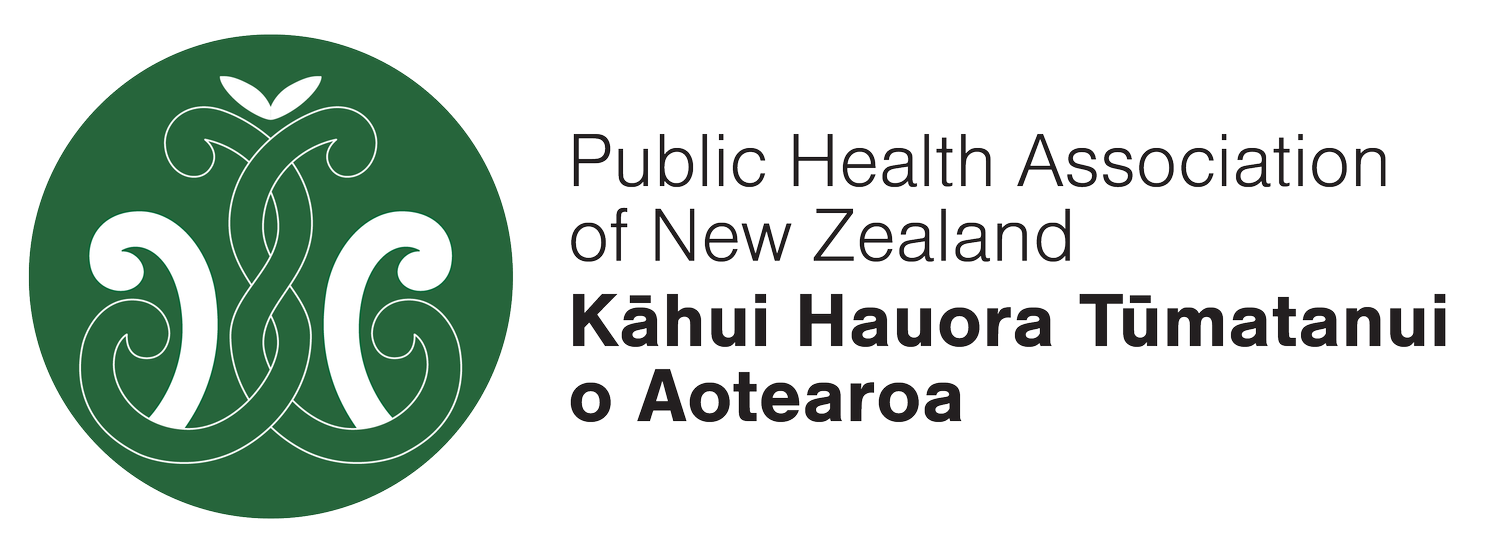THINK PIECE - THE PUBLIC HEALTH IMPACTS OF CLIMATE CHANGE IN AOTEAROA
A Focus on Māori Wellbeing
Author: K McKee (MPH, BHSc)
Introduction
Climate change is not a distant or abstract threat but a present reality that is reshaping the lives and health of people around the world. In Aotearoa, New Zealand, the impacts of climate change are felt acutely, with rising temperatures, changing rainfall patterns, and increasing frequency of extreme weather events. These changes pose significant risks to public health, affecting food security, air and water quality, and the spread of diseases. For Māori, the impacts are even more profound, intertwined with historical injustices and a deep connection to the land and environment.
The Detrimental Effects of Climate Change on Māori Health
Due to several interconnected factors, Māori communities face an extra burden of health impacts with ongoing climate change. These include socio-economic disparities, a higher reliance on natural resources, and the geographical location of many Māori communities in areas prone to environmental changes.
1. Socio-Economic Disparities:
Māori are disproportionately represented among lower socio-economic groups, which exacerbates vulnerability to climate-related health risks. Poor housing conditions, for example, make individuals and whānau more susceptible to health issues from extreme weather events, such as flooding and heat waves. These conditions also exacerbate respiratory illnesses already prevalent in many Māori communities.
2. Reliance on Natural Resources:
The health and well-being of Māori are deeply connected to the land and water through traditional practices like fishing, hunting, and gathering. Climate change threatens these practices by altering ecosystems, reducing biodiversity, and affecting the availability of traditional food sources (mahinga kai). This impacts physical health and has significant cultural and spiritual repercussions, as these practices are central to Māori identity and social cohesion.
3. Geographical Vulnerability:
Many Māori communities are located in coastal and rural areas that are particularly susceptible to climate change, such as rising sea levels, erosion, and changes in agricultural productivity. Disrupting these communities can lead to displacement, loss of livelihood, and increased mental health challenges, particularly for the elderly and those with strong ties to their ancestral lands.
4. Cultural Disconnection:
Climate change also threatens the cultural health of Māori by endangering sacred sites (wāhi tapu) and altering landscapes with significant historical and spiritual value. The loss of these sites and the ability to pass on traditional knowledge related to the environment can lead to a deep sense of loss and disempowerment among Māori, affecting our overall well-being.
Following the colonisation of Aotearoa, we can see a profound, ongoing and arguably increasing set of consequences. This is unacceptable and underpins the obligation of decision-makers to correct this trajectory.
The Way Forward: Individual and Community Action
While the challenges posed by climate change are immense, there is also an opportunity to act—individually and collectively—to mitigate these impacts and build resilience within our communities. Māori have a long history of adapting to environmental changes and possess a wealth of knowledge that can guide us in responding to the current crisis.
1. Embrace Kaitiakitanga (Guardianship):
Kaitiakitanga, the concept of guardianship and stewardship of the environment, offers a robust framework for addressing climate change. If we embrace this approach, we can all take responsibility for protecting and preserving our natural resources for future generations. This can be as simple as reducing waste, conserving water, and planting native trees or as involved as advocating for policies that protect the environment at a local and national level.
2. Support Community-Led Initiatives:
Communities are at the forefront of climate action in Aotearoa. By supporting and participating in community-led initiatives, we can create a wave of change that starts locally but has the potential to spread across the country. Examples include community gardens, local clean-up efforts, and sustainable energy projects. For Māori communities, this means reviving and harmonising traditional practices with the environment.
3. Advocate for Equity in Climate Policy:
Climate policies must be equitable and inclusive, addressing the specific needs of vulnerable populations, including Māori. We can advocate for policies that prioritize those who are most affected by climate change and ensure that Māori's voices are heard in decision-making processes. This includes supporting the incorporation of mātauranga Māori into climate strategies and ensuring that Māori have control over the resources and lands crucial to health and well-being.
4. Invigorate Intergenerational Dialogue:
Future generations will feel climate change's effects most acutely. It is essential to involve young people in climate action and decision-making, drawing on their creativity and passion for change. At the same time, we must ensure that the knowledge and wisdom of older generations, particularly kaumātua within Māori communities, are respected and passed down. This intergenerational dialogue can strengthen community bonds and create a unified approach to tackling climate challenges.
5. Lead by Example:
Change often starts with the actions of a few individuals. By making sustainable choices in our daily lives—reducing our carbon footprint, supporting local and ethical businesses, or educating others about the impacts of climate change—we can inspire others to do the same. Each small action contributes to a more significant movement and, when combined with communities' collective efforts, can lead to significant positive outcomes.
Conclusion:
Climate change is a public health crisis that demands immediate and sustained action. For Māori, the stakes are exceptionally high, as the impacts of climate change threaten not only our physical health but also our cultural identity and connection to the land. I believe that by drawing on traditional knowledge, embracing kaitiakitanga, and creating ongoing community action, we can build resilience and protect the health and well-being of all people in Aotearoa. The journey ahead will be challenging, but it is one that we must undertake together. Suppose we start taking tangible steps towards individual and collective action now. In that case, we can start a wave of change spreading across Aotearoa and beyond, ensuring a healthier, more equitable future for all.


